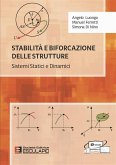
25,95 €
Sofort per Download lieferbar
eBook, ePUB
1. Januar 2022
Società Editrice Esculapio

Broschiertes Buch
Statical and Dynamical Systems
2023
29. Juni 2024
Società Editrice Esculapio , Bologna, Italy / Springer / Springer International Publishing / Springe
978-3-031-27574-6
| Gebundenes Buch | 87,99 € | |
| eBook, PDF | 65,95 € |
Gebundenes Buch
Statical and Dynamical Systems
2023
28. Juni 2023
Società Editrice Esculapio , Bologna, Italy / Springer / Springer International Publishing / Springe
978-3-031-27571-5
eBook, PDF
27. Juni 2023
Springer International Publishing
Ähnliche Artikel

23,95 €
Sofort per Download lieferbar
eBook, ePUB
5. Juli 2023
Società Editrice Esculapio

26,95 €
Sofort per Download lieferbar
eBook, ePUB
5. Juli 2023
Società Editrice Esculapio

19,95 €
Sofort per Download lieferbar
eBook, ePUB
5. Juli 2023
Società Editrice Esculapio
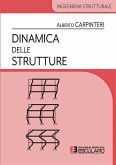
14,95 €
Sofort per Download lieferbar
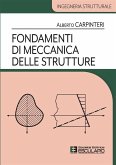
23,95 €
Sofort per Download lieferbar
eBook, ePUB
23. August 2023
Società Editrice Esculapio

19,95 €
Sofort per Download lieferbar
eBook, ePUB
7. Juli 2023
Società Editrice Esculapio
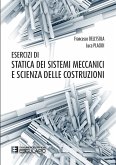
19,95 €
Sofort per Download lieferbar
eBook, ePUB
10. Januar 2023
Società Editrice Esculapio
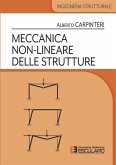
15,95 €
Sofort per Download lieferbar
eBook, ePUB
16. Juni 2023
Società Editrice Esculapio

eBook, ePUB
11. April 2024
Società Editrice Esculapio

23,95 €
Sofort per Download lieferbar
Ähnlichkeitssuche: Fact®Finder von OMIKRON
